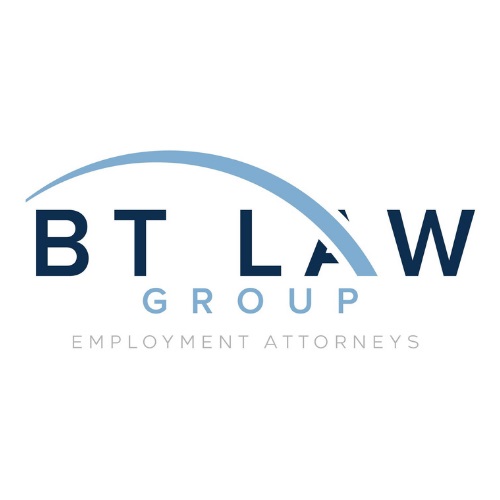Common Exceptions
What does Common Exceptions mean?
The Fair Labor and Standards Act outlines specific requirements for most employers to pay overtime for employees earning a minimum wage. There are, however, some categories of employees who may be exempt from the overtime requirements. Common exemptions are outlined in more detail in Section 213(a) of the Fair Labor and Standards Act (FLSA) and have listed requirements that each employee must meet to be considered an exempt employee.
The Common Exemptions for Overtime
For detailed information about common exemptions it is important to read the regulations in their entirety, but the most common exemptions include computer employees, executive employees, highly compensated employees, administrative employees, creative professional employees, learned professional employees, teaching professionals, and outside salespersons.
How much will I be paid if I am on the exempt list?
The FLSA provides an exemption from both minimum wage and overtime pay for exempt employees. The law, however, generally requires employers to pay exempt employees no less than $455 per week (salary minimums do not apply to teachers, employees practicing law or medicine, or outside sales employees). The expectation also requires exempt employees to receive a predetermined wage which is paid at some predetermined time (weekly, bi-monthly). Payment is not paid based on the quality of work or the amount of actual work performed. For example, exempt employees are paid their salary even if they worked less than 40 hours per week (i.e. there was insufficient work to fill a standard 40 hour work week but the employee was present at work, willing to work, and able to work).
What if I am categorized as exempt incorrectly?
Unfortunately, one of the most common mistakes made by employers is the habit of misclassifying employees to avoid paying overtime. If you believe you have been misclassified it is likely that your employer may owe you some money.
So how do you know if you have been misclassified?
There are several considerations. For example, you may be an exempt employee if you are paid at least $455 per week or $23,660 per year. Consider, however, some states may require annual salaries to be higher. Other requirements include directing the work of two or more employees, having the authority to hire and fire workers, and having duties which include managing the enterprise. Consider, however, the law regards job duties as far more important than your job title when determining whether you are exempt or not.
Should I file a claim against my employer?
If you have been classified incorrectly the first step is to contact your employer and explain why you believe you should not be a salaried employee. In most cases your employer will attempt to fix the situation immediately. If your employer refuses to address the issue it may be time to talk to a lawyer. Your employer is also barred from retaliating against you for filing a claim.
Related Pages
Lawyers near
Term of the Day
Abuse of a child
Abuse is any act against a child which results in death, serious physical or emotional harm, or sexual abuse.
Category: Adoption






